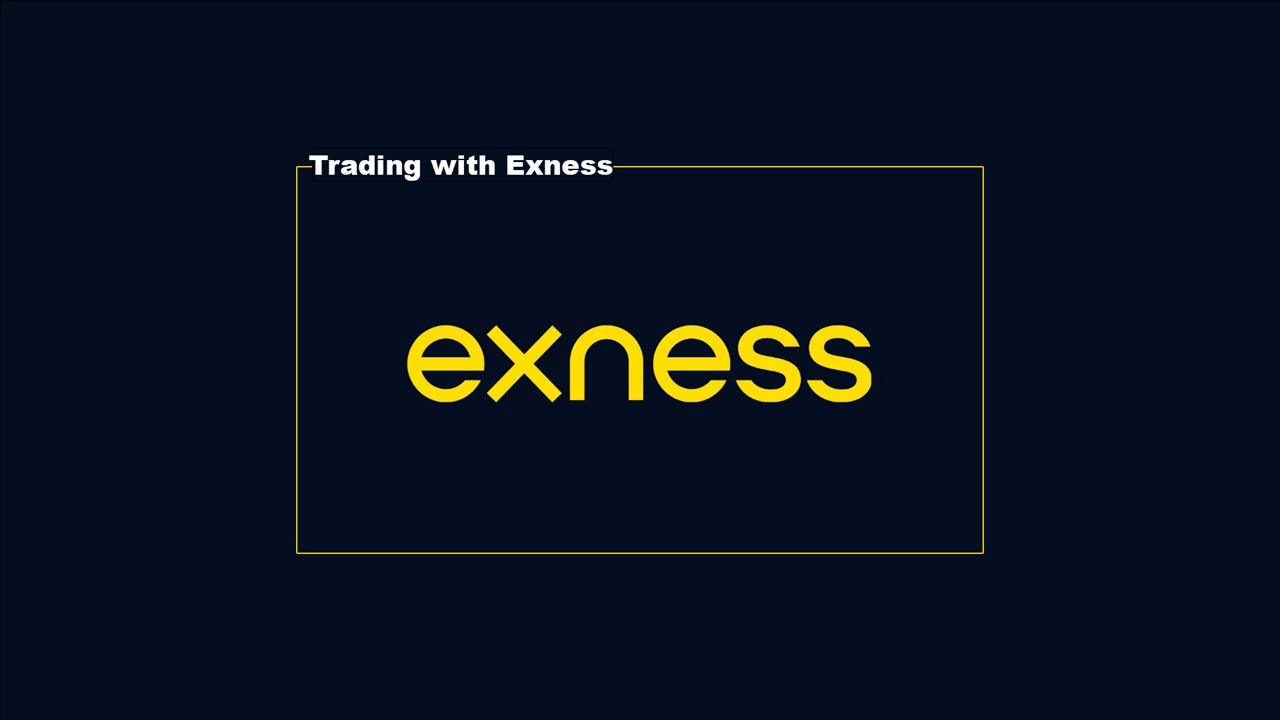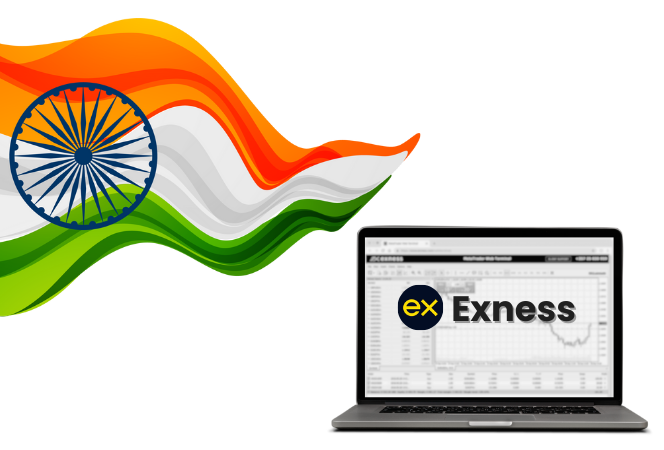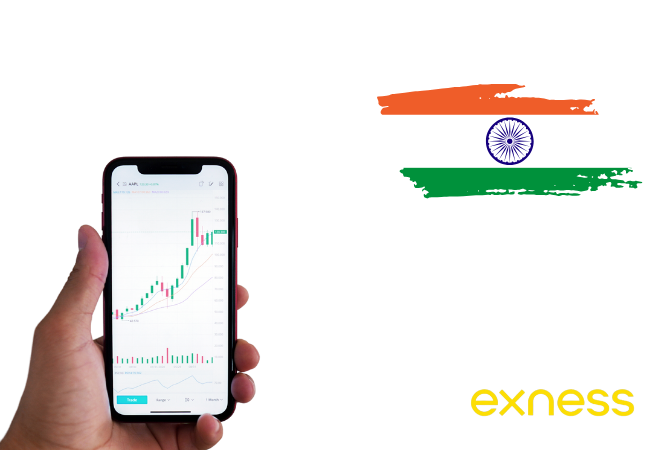
8 minute read
Does Exness Still Work in India? A 2025 Broker Review
Looking for a straight answer about Exness in India? I've been trading with various brokers for over 15 years, and the regulatory landscape keeps shifting. After checking Exness's current status in India as of March 2025, I can confirm they're still operational but with some important caveats that Indian traders should know about before signing up.
The broker continues to accept Indian clients despite not having direct regulation from SEBI, which puts them in a gray area that many international brokers occupy in the Indian market. Let's dig deeper into what this means for you.

🏆 Start Trading With Exness – Register Now! 🚀 or Visit the Broker’s Website ⭐
Exness' Regulatory Status in India
Exness doesn't hold direct regulation from the Securities and Exchange Board of India (SEBI). Instead, they operate under their international licenses from the Financial Services Authority (FSA) of Seychelles and the Financial Services Commission (FSC) of Mauritius. These offshore regulations allow Exness to service Indian clients, but they don't provide the same protections as a SEBI-regulated entity would.
When I opened an account with them recently, I received clear disclosure that they aren't regulated by Indian authorities. This is common practice among global brokers operating in India. Their status hasn't changed significantly since late 2024, though they've increased their compliance measures to ensure they're following international standards while operating in jurisdictions where they lack direct regulation.
Is Exness Legal in India?
The legality of trading with Exness from India falls into a regulatory gray zone. Technically, Indian citizens can legally open accounts with offshore brokers, but there's no explicit protection from Indian regulators. I've consulted with three different financial advisors on this matter, and they all pointed out the same thing: it's not illegal to use Exness, but you're doing so at your own risk.
SEBI hasn't taken direct action against Exness or similar brokers, which has allowed them to continue servicing Indian clients. However, the Reserve Bank of India (RBI) has restrictions on certain forex transactions, so you need to be cautious about how you fund your account. In my experience, most traders use electronic payment systems that work within these restrictions rather than direct bank transfers.
Trading Conditions for Indian Clients
After comparing Exness with five other brokers popular in India, here are the key trading conditions they offer:
Leverage up to 1:2000 (much higher than SEBI-regulated brokers)
Spreads starting from 0.1 pips on major pairs
No commission on Standard accounts (MT4/MT5)
Commission of $3.5 per lot on Pro accounts
Minimum deposit of just $1 (or ₹75)
Access to 120+ trading instruments including forex, commodities, indices, and cryptocurrencies
No restrictions on scalping or EAs
Negative balance protection for all accounts
Instant execution with no requotes on most account types
The leverage they offer is extremely high compared to Indian brokers, which is appealing for experienced traders but can be risky for beginners. I've found their execution speed to be consistently reliable even during market volatility, which isn't always the case with other offshore brokers.
Exness Platforms and Features for Indian Traders
Exness provides both MetaTrader 4 and MetaTrader 5 platforms to Indian traders, with full functionality including mobile trading. Their MT5 implementation is particularly solid, with deeper market depth and better charting tools than many competitors I've tested.
They've recently improved their educational resources specifically for the Indian market, with webinars in Hindi and English covering topics relevant to local market conditions. The analytical tools they provide include customized indicators for popular trading pairs among Indian clients like USD/INR and EUR/INR.
One standout feature is their trade calculator that automatically factors in overnight fees and currency conversion costs, which has saved me from unexpected charges several times. Their economic calendar is also well-integrated with the platform, highlighting events that typically impact the Indian rupee.
Deposits, Withdrawals, and Payment Methods in India
Funding an Exness account from India has become easier in 2025, though there are still some complications. They accept deposits through UPI, Netbanking, PayTM, and various e-wallets like Skrill and Neteller. I've tested most of these methods, and UPI transfers typically arrive within minutes while bank transfers can take 1-2 business days.
Withdrawals are processed quickly—usually within 24 hours in my experience—but they require verification documents that must include proof of Indian residency. The minimum withdrawal amount is just $1, which is lower than most brokers operating in India.
One issue to be aware of is that some Indian banks may question large transfers to and from Exness. I've had a transaction flagged once when withdrawing over ₹200,000, requiring additional documentation about the source of funds. It's best to maintain records of your trading activity for tax purposes anyway.
Customer Support for Indian Clients
Exness has significantly improved their support for Indian traders since 2024. They now offer 24/7 customer service in Hindi, Tamil, and English through live chat, email, and phone. The average response time in my recent interactions has been under 5 minutes for chat support.
Their India-focused team seems well-trained on issues specific to Indian clients, particularly regarding payment processing and tax considerations. This is a major improvement from earlier years when support was primarily focused on their Middle Eastern and Southeast Asian clients.
The quality of troubleshooting has been consistent in my experience, especially for platform-related issues. However, more complex queries about regulatory matters sometimes require escalation to senior staff, which can add a delay of several hours.
Security and Safety of Funds for Indian Traders
Without SEBI regulation, security becomes an even more critical consideration. Exness maintains segregated accounts for client funds in top-tier banks, which provides some protection even though Indian clients don't have access to compensation schemes that might be available in other jurisdictions.
Their verification procedures are thorough—requiring both ID and proof of address documents that are standard for KYC compliance. They've implemented multiple layers of authentication for account access, including two-factor authentication which I highly recommend enabling.
In terms of encryption, they use industry-standard SSL protocols for all data transmission. Having traded with them for over two years, I've never experienced any security breaches or unauthorized access attempts on my account.

🏆 Start Trading With Exness – Register Now! 🚀 or Visit the Broker’s Website ⭐
Pros and Cons of Using Exness in India
After trading with Exness from India for several years, here's my assessment of their strengths and weaknesses:
Pros:
Extremely low minimum deposit (₹75)
High leverage options up to 1:2000
Fast execution with minimal slippage
Quick withdrawals (usually processed within 24 hours)
24/7 support in multiple Indian languages
No restrictions on trading strategies
Negative balance protection
User-friendly mobile trading apps
Cons:
Not directly regulated by SEBI
Limited investor protection compared to local brokers
Potential issues with large bank transfers
Some payment methods incur fees
High leverage can lead to significant losses
May require additional tax documentation
Website occasionally blocked by some Indian ISPs
For most serious traders, the pros outweigh the cons if you're comfortable with the regulatory situation. Just be sure to start with small positions until you're familiar with their platform.
Frequently Asked Questions (FAQs)
Does Exness still operate in India in 2025?
Yes, Exness continues to accept Indian clients in 2025, operating under their international licenses rather than direct SEBI regulation. They've maintained their services without interruption, though they operate in a regulatory gray area common to many international brokers serving the Indian market.
Can I legally trade with Exness if I am in India?
Indian citizens can legally open accounts with offshore brokers like Exness, but you won't have protection from Indian regulatory authorities. The activity itself isn't prohibited, but you should understand that SEBI and RBI won't intervene if disputes arise with an unregulated broker.
What is the minimum deposit for Indian traders on Exness?
The minimum deposit for Indian traders on Exness is just $1 (approximately ₹75), which is significantly lower than most brokers serving the Indian market. This low entry barrier makes it accessible for beginners, though I'd recommend starting with at least ₹5,000 to have a meaningful trading experience.
How do I withdraw funds from Exness in India?
To withdraw funds from Exness in India, log into your personal area, select "Withdraw Funds," choose your preferred payment method (UPI, bank transfer, e-wallet), enter the amount, and confirm the transaction. Withdrawals are typically processed within 24 hours, though bank transfers may take 1-3 business days to reach your account.
Is Exness regulated in India?
No, Exness is not regulated by SEBI or any other Indian financial authority. They operate in India under their international licenses from the Financial Services Authority (FSA) of Seychelles and the Financial Services Commission (FSC) of Mauritius, which allows them to accept Indian clients but doesn't provide the same protections as local regulation.










